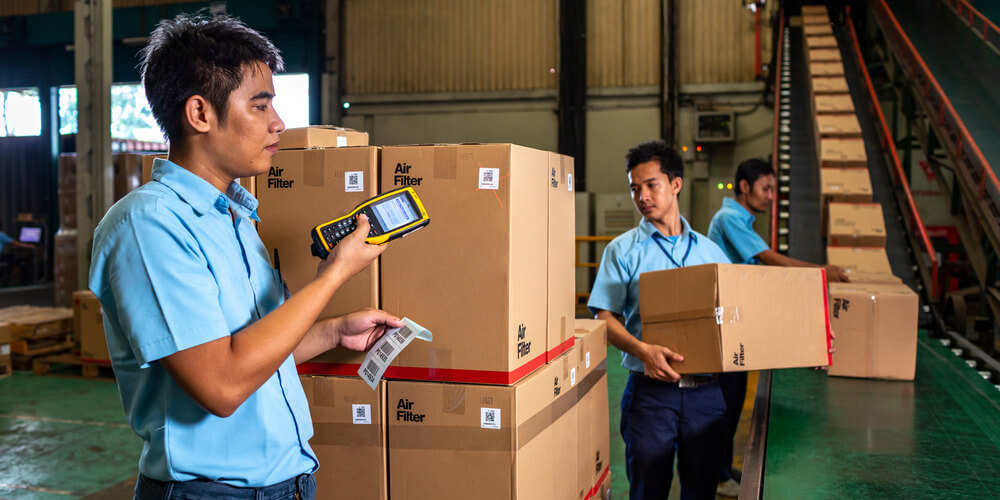Indonesia, the Islamic Development Bank (IsDB) and Malaysia with partner to digitise the archipelago’s halal industry.
Jakarta: The Indonesian government will collaborate with the Islamic Development Bank (IsDB), Serunai Commerce Malaysia and Universitas Brawijaya in a bid to boost Indonesia’s capabilities in the field of halal industry digitalisation.
Minister of National Development Planning Suharso Monoarfa announced at a press conference on March 28 the advances will be made via reverse linkage, the technical cooperation mechanism enabled by the IsDB whereby member countries and Muslim communities in non-member countries exchange knowledge, expertise, technology and resources to develop their capacities and find solutions for autonomous development.
“As the country with the largest Muslim population, Indonesia must play an important role in the global halal market. Therefore, it is necessary to improve the climate supporting the management of the halal system from within, including through digitalisation,” he said.
The collaboration is in line with the 2020-2024 National Medium-Term Development Plan (RPJMN) to strengthen international development cooperation, including trade and investment, by creating an environment conducive to private sector participation. Developing the halal product industry is one strategy for boosting economic value-add, employment, investment and industrialisation.
Monoarfa said as an Organisation of Islamic Cooperation (OIC) member, Indonesia must optimise opportunities in the halal market. Reverse linkage has already supported Indonesian development by increasing the capacity of resource centres through knowledge sharing.
“Some of the best practices are shown in the cooperation with artificial insemination of cattle; export of 42,750 doses of frozen cattle semen to Kyrgyzstan and eight other countries and developing halal vaccines with Morocco, Tunisia and Senegal” Monoarfa added.
Reverse linkage also encourages multi-stakeholder private sector involvement to achieve the United Nations Sustainable Development Goals 2030 Agenda.
© SalaamGateway.com 2022. All Rights Reserved

